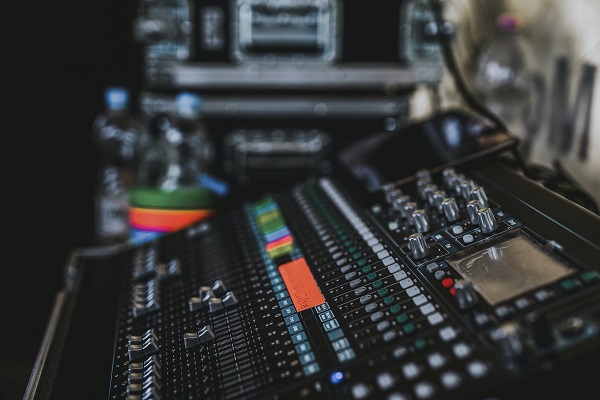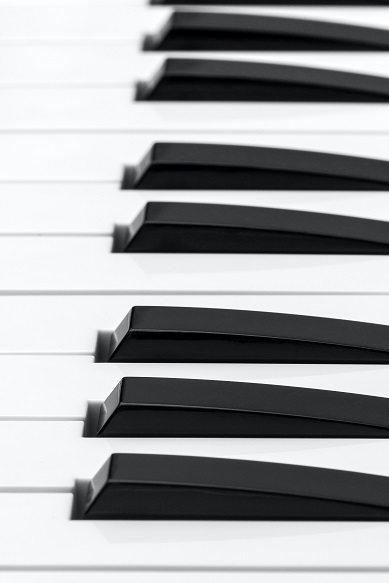EEG testing might be more accurate than using the MMSE to measure cognitive decline.
Awareness, memory, and judgment are the main cognitive functions that may decline with age, and cognitive decline can also worsen with underlying medical issues. Nearly 11% of adults in the U.S. suffer from some cognitive problems, and these numbers are staggering throughout the world. Several aspects of cognitive decline are still unexplored because the current methods used for identifying symptoms of it are not fully accurate. Better diagnostic methods, such as the use of EEG tests, could possibly be key for providing proper care to these individuals and might even prevent or delay symptoms.
One way that cognitive decline can be delayed is through the use of musical tests and electroencephalogram (EEG) recordings, according to a new study led by the EEG company Neurosteer and Tel Aviv University in Israel and published in the journal Frontiers in Aging Neuroscience.
The study included 50 participants from the inpatient rehabilitation department of Dorot-Netanya Geriatric Medical Center in Israel. The average participant age was 77 years, and participants were separated based on age groups and different cognitive abilities. and 22 healthy controls were included.

The Mini Mental Status Exam (MMSE) was used to determine the mental function of these seniors. The exam is regularly used by mental health professional to gauge the mental status of patients at any given time using set criteria. The participants then completed a musical test by listening to a melody played around them. They pressed a button to identify the melody each time it was repeated to measure the accuracy of their responses. The songs became harder to identify in each round, and the participants had to press the button when only one kind of instrument was playing, etc.
An electrode strip was placed on the heads of the participants to read their cognitive function during the test. The EEG recorded the brain activity throughout the process and calculated cognitive function. Machine learning helped the experimenters find a pattern in the results from the the tests and the standard indications of cognitive decline in the body.
The results indicated “coherence in the participants’ reaction time based on the measures,” the team reported. They showed that the results are sensitive to minor cognitive ability changes, and an effective tool in determining when cognitive ability begins to slip.
While the MMSE is commonly used for the cognitive decline diagnosis, it is a subjective test with results recorded by a practitioner observing the patient. The music-based EEG tests require only three electrodes, making them highly effective and an objective, non-invasive method for measuring decline.
The EEG method is also a simple process that can be set up in just 15 minutes when done correctly. It doesn’t take any special training to administer and the results are immediate. They seem to be able to identify even slight changes in the brain. More studies are still required to identify the true viability of these musical tests in predicting cognitive decline across a larger population of older adults.
Sources:
A new study investigates which activities are tied to a lower dementia risk


Join the conversation!